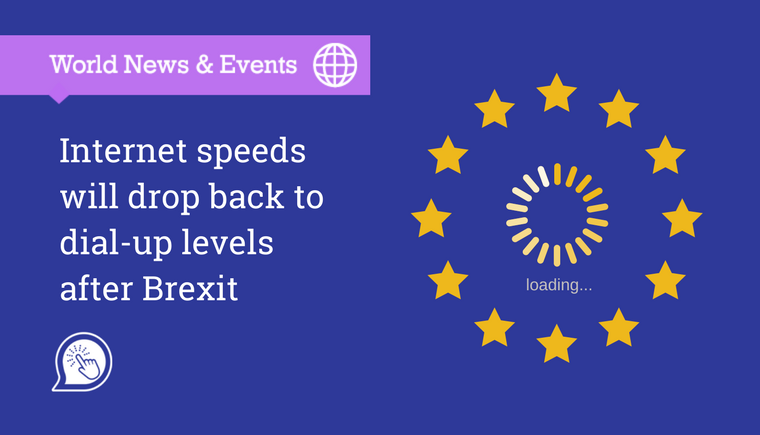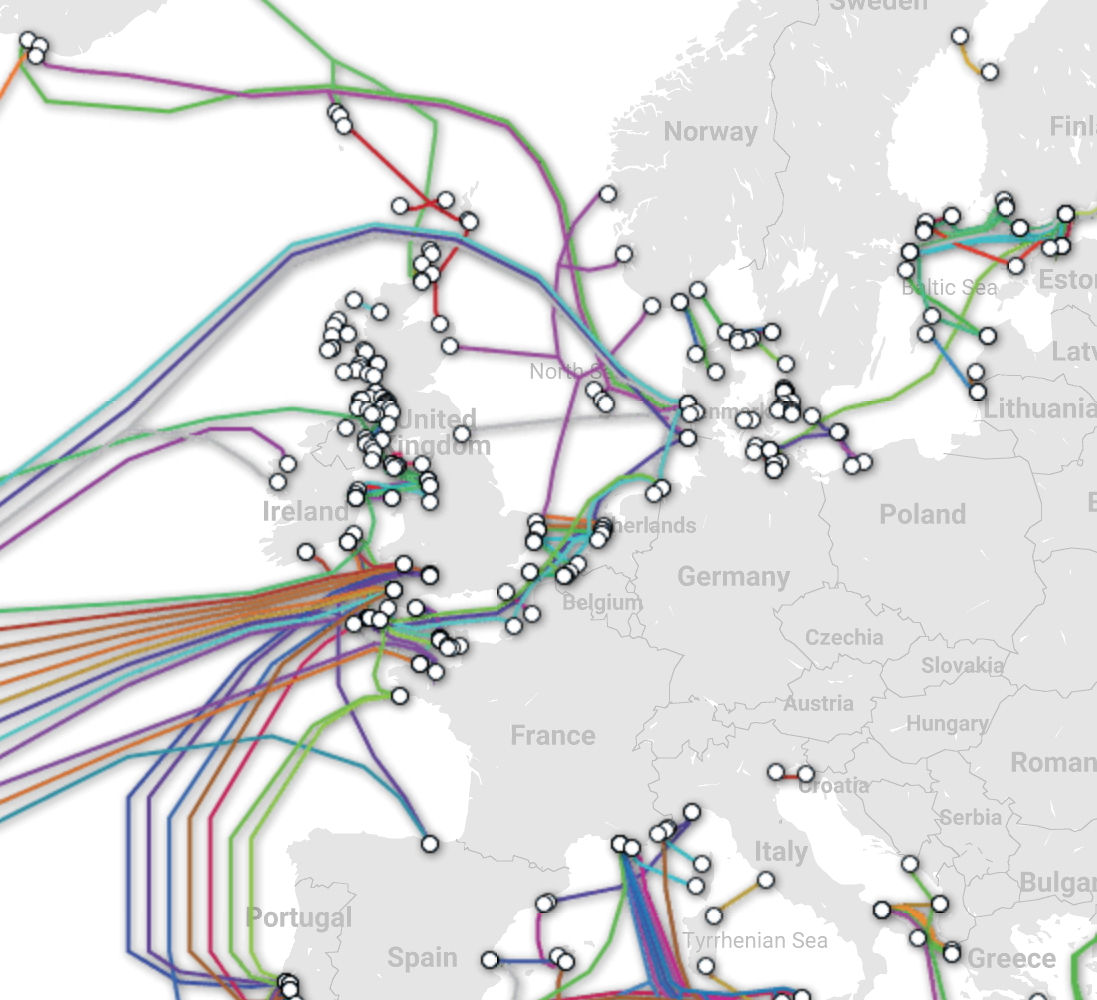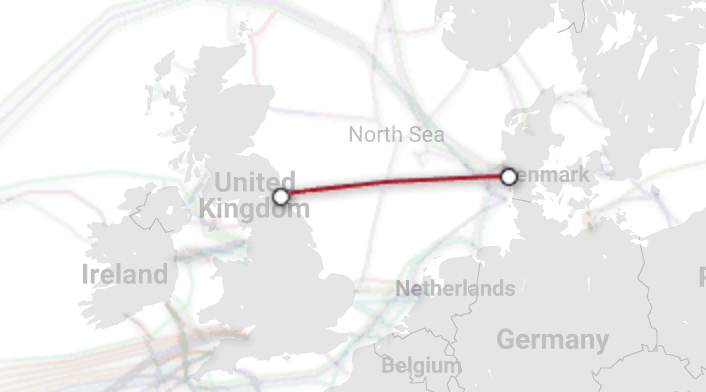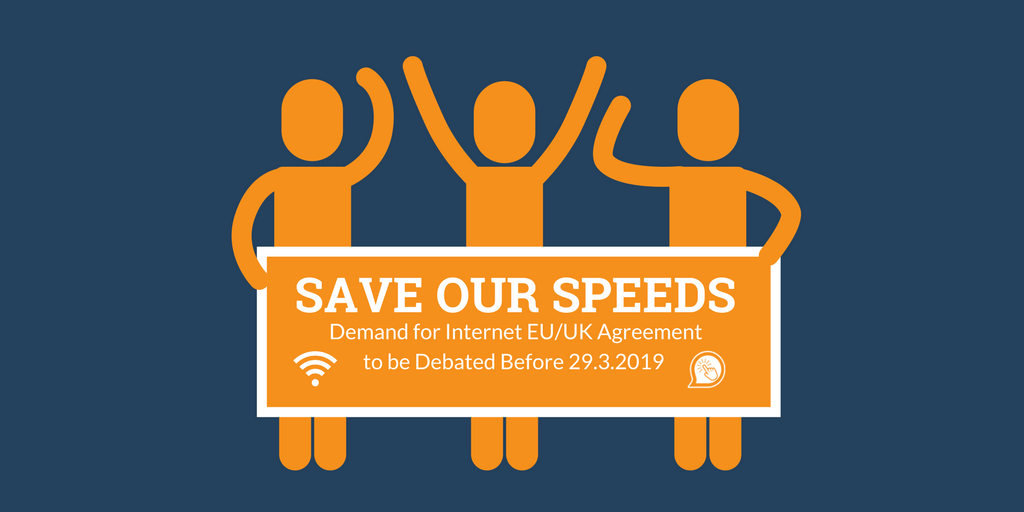
Leave campaigners who longed for a return to a more traditional Blighty may soon get their wish, as online shopping, dating and banking could be a thing of the past after March 29th next year.
Due to furious battles over the right to use underwater fibre-optic cabling, UK internet speeds look set to drop back to the glacial dial-up pace we endured in the late 1990s.
SiteBites and other tech groups are running a Petition to stop this happening.
State of the (Underwater) Nation
Internet data is distributed either by satellite, or by underground cabling. There is a huge difference in speed between the two; satellites are like your grandmother trying to reset your router, compared to your kid. So most internet data is now transported by fibre-optic cables which are buried under land and sea.
During the Brexit negotiations, the UK and the EU have failed to come to an agreement over long-term access rights to the miles of cables that run between England and Europe, and those that cross from Europe to the US.

The UK could lose access to almost all these underwater Internet cables. Map via https://www.submarinecablemap.com
Almost 90% of Europe’s internet cables are owned by private companies. Scarily for us, only one is owned by a British business. This hasn’t been a problem up until now as the EU Directive on Broadband Infrastructure has given us automatic internet access as a member state – your data has been all, “My name’s on the list, yo.” But as a non-EU member, we’ll be out in the digital dark ages.

This is North Sea Connect – the ONLY underwater internet cable owned by a UK business.
What does this mean for you?
If we can’t negotiate internet rights before Brexit, the UK could lose automatic access to all of the EU-based internet cables. That would mean we move back to satellite, potentially slowing your Internet speed by around 70%.
Internet Tax
It might also mean the Government has to levy a new “Internet Tax”, to raise enough money to build our own internet cables. With the cost of underwater cables well into the billions, analysts estimate the tax could run as high as 0.5 pence per megabyte – meaning an average movie would cost £75 to download. Seriously – nobody loves Jennifer Aniston that much.
Sign the Petition
If you’d never heard any of this before, it’s because it hasn’t been discussed in Parliament yet. We’re guessing that’s because it throws up huge vulnerabilities in our security and stability. But it might also be because the Government is rubbing its hands gleefully at the thought of monetising the Net.
SiteBites and several other tech companies have created the Save Our Speeds Petition to demand that this issue is discussed in Parliament now, well before the March 29th, 2019 deadline. If we can get 10,000 signatures, the issue will have to be debated, publically, on camera!, in Parliament, and the best brains in Tech can find solutions to these issues that won’t involve a £30k Netflix bill. Please support us. Sign the petition here. It’s free, and it might help us keep the Net speedy, and free, for generations to come.
Sign here. And thank you!

